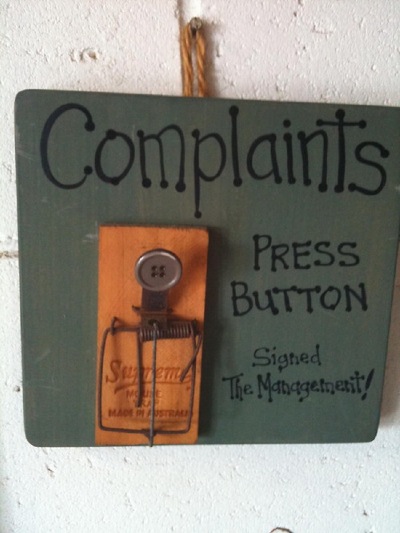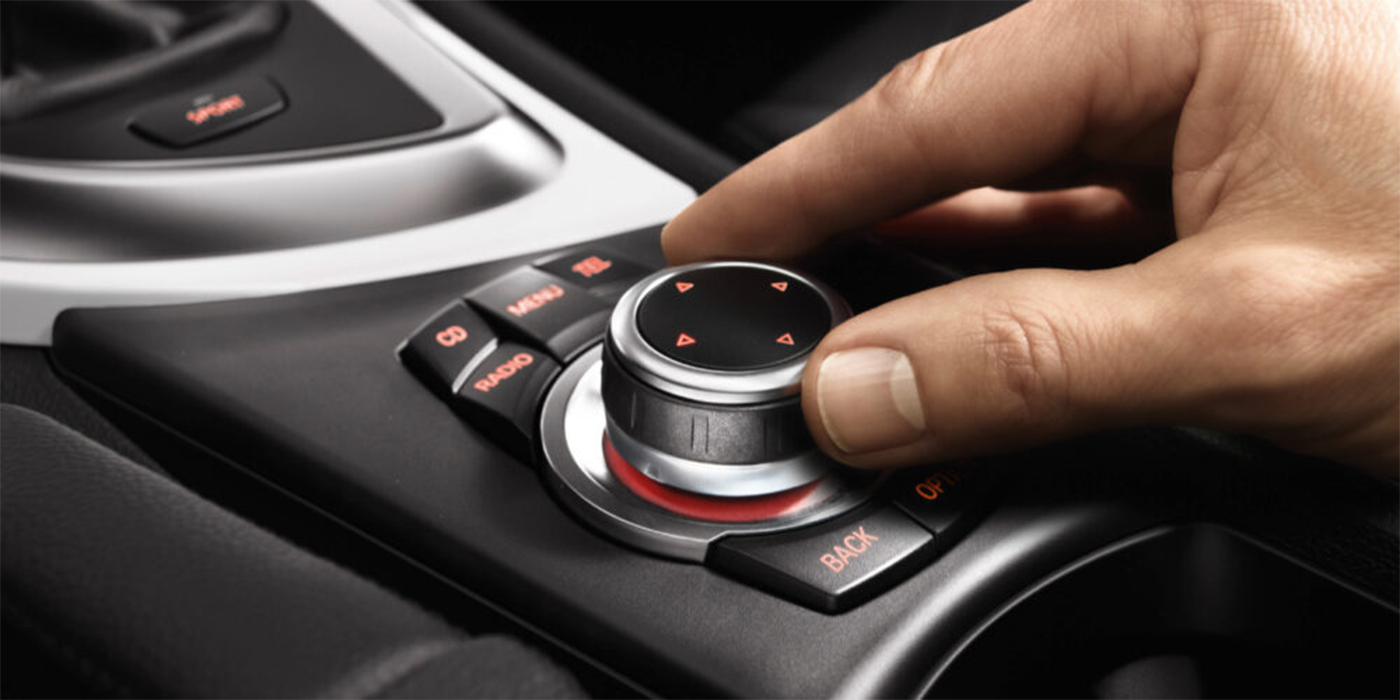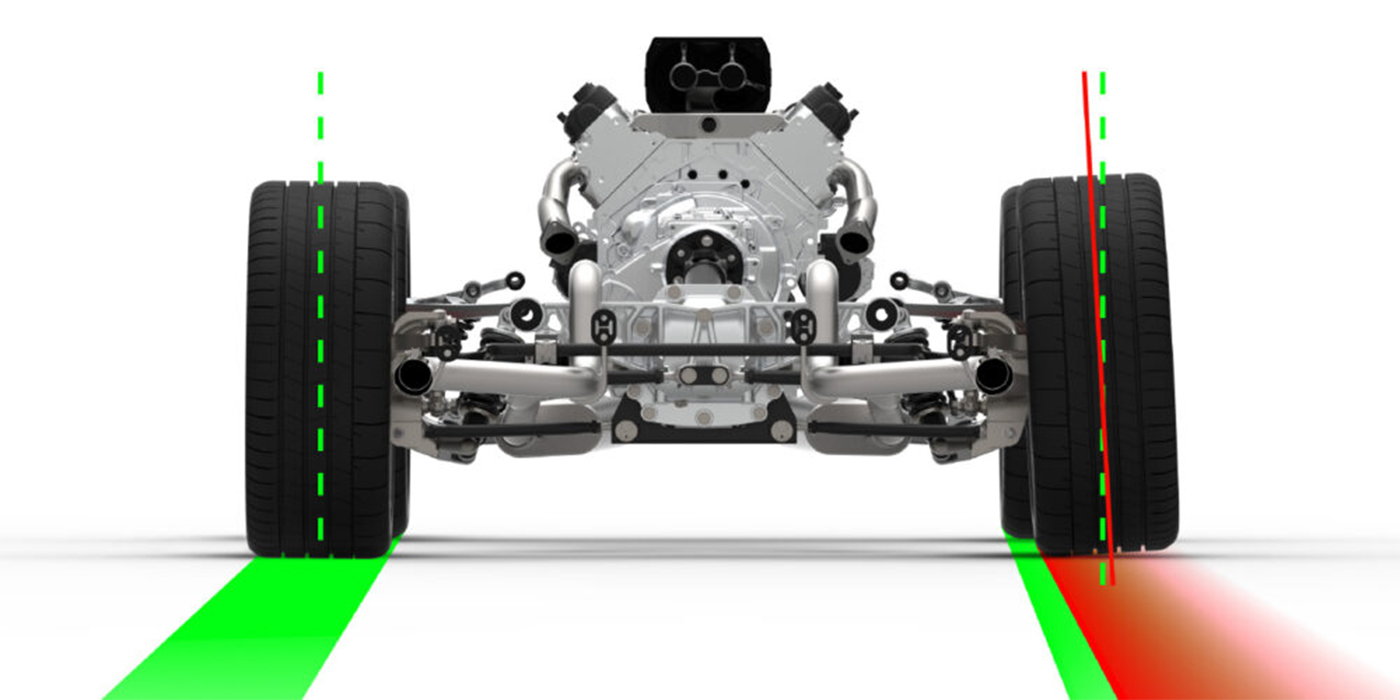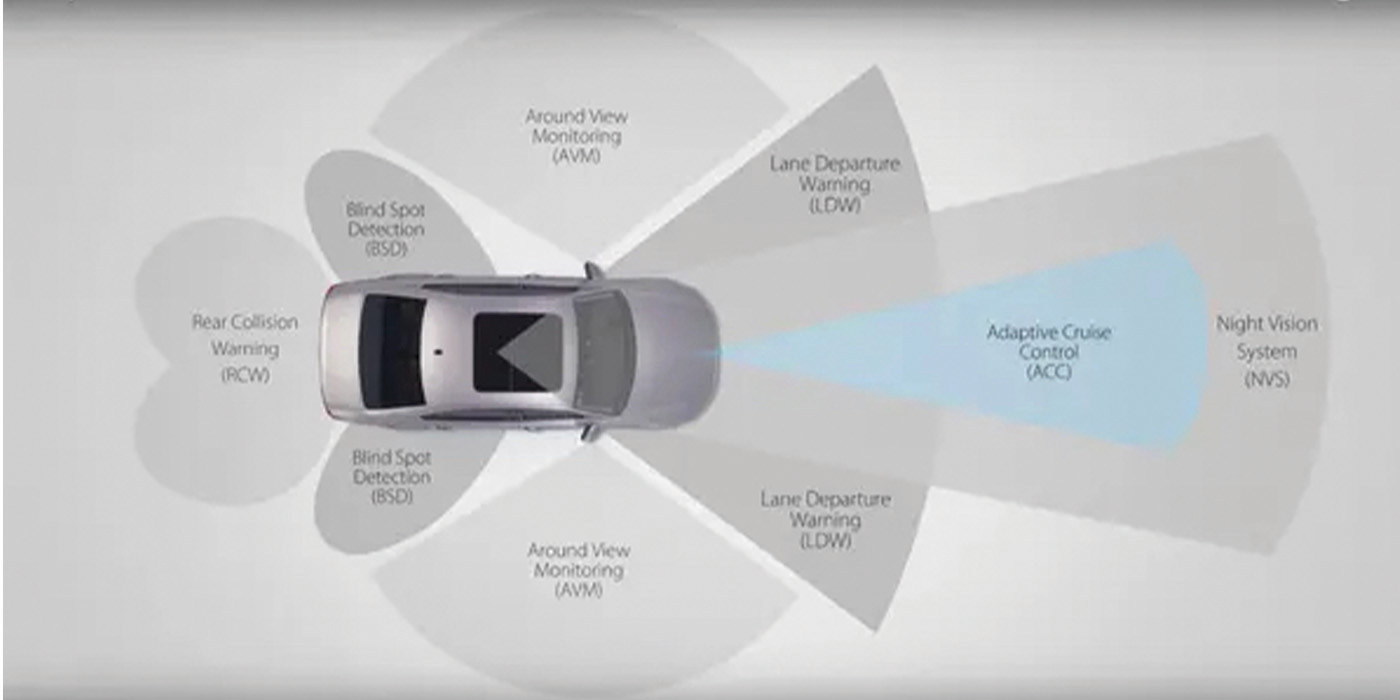By Steve Ferrante
 In the book “Buying Trances,” author Joe Vitale wrote about the principle of “agreement melts resistance” and how when working with resistant sales prospects, agreeing with them is a more effective strategy than arguing with them. A similar principle of cooperation is the same the police use when interrogating a criminal suspect using the “good cop/bad cop” technique.
In the book “Buying Trances,” author Joe Vitale wrote about the principle of “agreement melts resistance” and how when working with resistant sales prospects, agreeing with them is a more effective strategy than arguing with them. A similar principle of cooperation is the same the police use when interrogating a criminal suspect using the “good cop/bad cop” technique.
Opposed to the “bad cop,” who reads the accused the riot act and may even threaten bodily harm, the “good cop” comes across as a friend, willing to help, empathetic, not judgmental. Ironically, even though many criminals know of this technique, police still regularly use it as it is consistently proven effective to get the accused to open up and tell their story.
All of which brings me to the golden customer-relations rule when dealing with customer complaints: If You Win the Argument, You Lose the Sale!
All too often when confronted with a customer problem, store personnel quickly assume a defensive posture and argue against the customers’ position. This lack of cooperation and understanding rarely works to create a happy customer.
Don’t confuse this type of cooperation as an agreement with the customer’s content. The customer may indeed be wrong in their accusation and I’m not suggesting you agree with their specific complaint. You do need to agree with their feelings, however. This is true empathy, the ability to put yourself in the customer’s shoes and recognize that if you felt wronged, for whatever reason, you would want the offending store personnel to be accepting and understanding of your situation.
To practice empathy in a customer complaint interaction, you should first remove all defensive barriers and acknowledge that the customer is important by telling him or her that you are there to help. Then, get out of the way and allow the customer to release some steam and ease their frustration by hearing them out.
Sounds easy, but this is where many sales and service personnel get in the way and escalate the customer’s position to irritation by interrupting, attempting to justify and defend their position.
The final phase in demonstrating empathy is to ask questions to completely understand the customers’ situation, then paraphrase the problem and repeat it back as you understand it. This process shows the customer that you are truly listening and actually care about their situation and displeasure.
You need only read the thousand plus negative customer reviews I have to confirm that it all comes down to feelings. When a customer doesn’t feel the store personnel had empathy and understanding when handling a complaint, they feel angry, upset, not-valued and other non-happy emotions that they are more than willing to share with their network of family, friends, co-workers, people standing in the general vicinity, etc.
The best shops recognize that, even if the customer is wrong, it is far better to agree with their feelings and concede a little now than it is to risk losing a customer for life and perhaps have that person spread the word of their dissatisfaction with the business.













